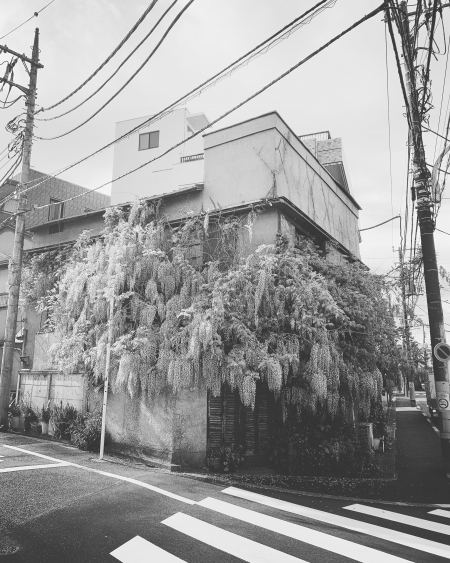無感性的に理解する
感性的とは感性が豊かになることがひとつの状態で、その状態になりたくて綺麗なものを見たり、美しい音を聴いたりとアクティビティを起こす。また逆にひどく悪いものを見たり、悲しいことがあった場合にも感性的になる。
さらに良くても悪くても感性的な状態の度が進むと、今度は感性が麻酔を打ったような状態になり無感性的になる。無感性的な状態は決して極端なことではなく、あまりにも素晴らしい、逆にあまりにも悪いことが続くとその状態に慣れ、それが普通になり、無感性的な状態になる。無感性的な状態は感性が無い状態ではなく、感性が麻酔を打ったような状態なっているだけだから感性は働いているので、今目の前で起こっている現象は受け入れている。
この無感性的な状態では全ての現象を感性で計ることなく受け入れてしまう状態かもしれないので、この状態を意図的につくることができたら、万人に受け入れられるものができるかもしれない。しかし、感性は麻酔を打ったような状態なので、そのものの良し悪しを感性では判断できずに現象として理解するのみになってしまうかもしれないが、かえってそのものを理解するには良いかもしれない。
"Understanding insensitively"
Sensitivity is a state in which the sensibilities are enriched, and activities are triggered by seeing beautiful things and listening to beautiful sounds that one wants to be in that state. On the contrary, if you see something bad or sad, you will be sensitive.
As the degree of sensibility progresses, whether better or worse, the sensibilities become anesthetized and insensitive. The insensitive state is by no means extreme, and if it continues to be too great, or too bad, it becomes accustomed to it and becomes normal and insensitive. The insensitive state is not a state without sensibility, but a state in which the sensibility is just like anesthesia, so the sensibility is working, so I accept the phenomenon that is happening in front of me.
In this insensitive state, all phenomena may be accepted without being measured by sensibility, so if this state can be intentionally created, it may be possible for everyone to accept it. However, since sensibility is a state of being anesthetized, it may not be possible to judge whether it is good or bad by sensibility, and it may only be understood as a phenomenon, but it may be better to understand it.


